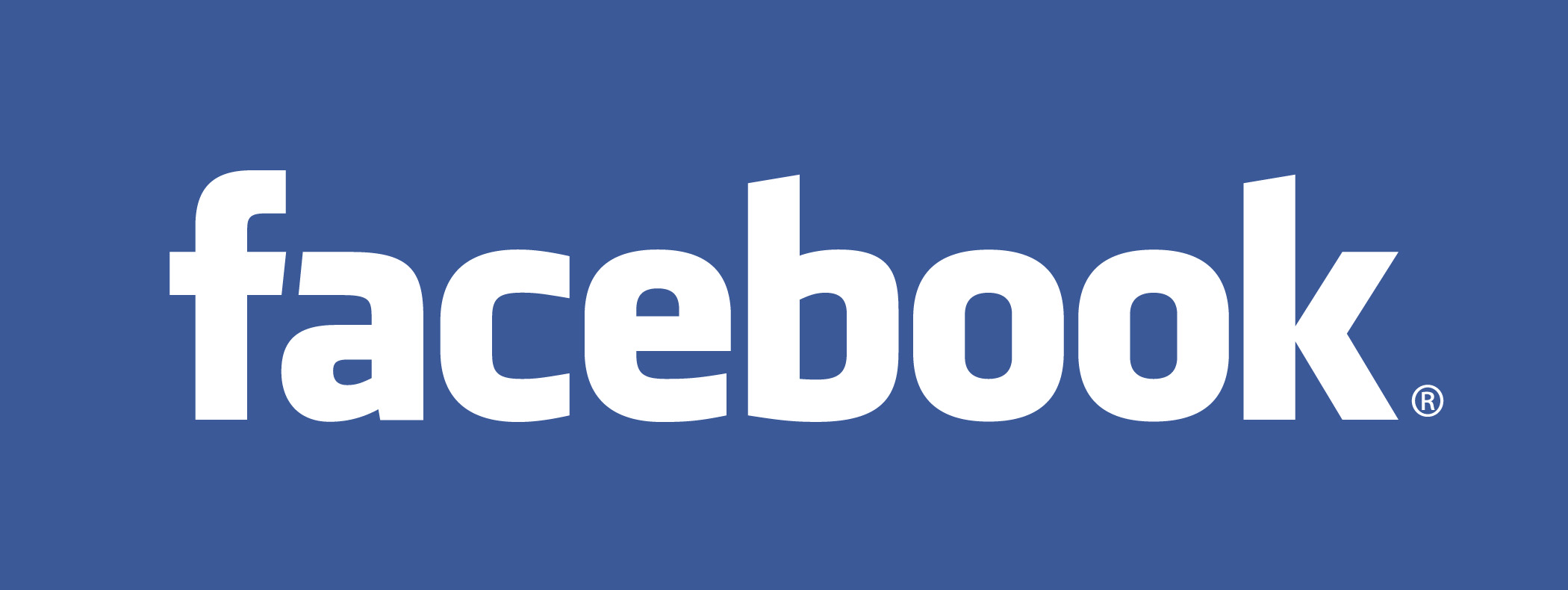
Every time I add a new post to my website, this awesome plugin called Wordbooker automatically shares it to my Facebook network. Â Without it, almost nobody will ever read my well-crafted and articulate posts. Â I have read articles that sharing content through social networking drives the most referrals for websites, especially Facebook and Twitter. Â It is no wonder that so many sites have all those “SHARE THIS ON {FACEBOOK | TWITTER | REDDIT | DIGG | BUZZ}” buttons. Â I am curious how many people actually use those to share content, I never use those.
Personally, I observe that my web traffic always spike on the days I share my entries on Facebook. Â However, the amount of people who visit is usually low, say around 15-30 on a given day. Â When I was writing about how Google Voice saved my phone interview, I was really curious about sharing my content on Twitter. Â I haven’t used Twitter that much, mainly just for reading tweets, rather than posting tweets. Â I actually don’t know anyone that I know who uses Twitter. Â So, I decided to send out this tweet as an experiment:
It was my hopeful intention that @googlejobs would “retweet” it, otherwise known as taking my tweet and reposting it under their name. Â The reason I did this is @googlejobs had around 50,000 followers, and if they RT it, hopefully some of those 50,000 followers would be interested and click-through. Â And indeed they did, @googlejobs RT’d it and this was the result:
EDIT: After the Lifehacker effect!
When I saw my web traffic stats for the first time after they RT’d it, I almost spat out my water! Â I was really excited because so many people were viewing my article. Â This concept of social networking, that people can communicate and share content instantly to anybody in the world is a powerful tool. Â More and more companies are starting to follow the social networking trend. Â For example, I see a majority of TV advertisements that encourages people to check out the company’s Facebook page or follow them on Twitter. Â My scenario here is just a small and minute ripple in the massive ocean, however, companies can definitely leverage their marketing even more by utilizing social networks.
The concept of Twitter is to have a wall of tweets that stream endlessly. Â Eventually, my tweet was buried and traffic dipped back to normal amounts, as one would predict. Â But this small experiment proved it’s worth, and that is showing me how powerful social networking is. Â The impact that it can have for a company or even a presidential campaign, for example, can be unimaginable. Â I see companies use Facebook to give out free prizes for “liking” their page. Â I see companies use Twitter to listen and reply to consumer opinions. Â These are just some examples that social networks can be used for.
This social networking paradigm has to be worrisome for companies such as Google and other search engines.  Why spend money on text advertisements based on keywords to someone who they don’t know much about (their interests, demographics)?  Companies can utilize social networks to directly target advertisements to consumers based on their activities, interests, region and other personal data that people so willingly give up.  Also, eventually why should I even use search engines like Google to find answers?  I can use my social networking platforms to target a group of people of the expertise I’m looking for and get a more personalized, accurate, and dynamic answer that isn’t riddled with content farms and spam.
Perhaps that is why Google is rumored to come out with their second attempt at social networking. Â They are concerned that Facebook and Twitter can eventually replace people’s need to use their search engine to answer queries. Â Without people running queries on Google, no profit can be made. Â Social networking seems to be here to stay. Â I don’t think Facebook will be the next Myspace and fade into the black hole known as the Internet. Â More than 55 percent of the US population age 12 and up is on Facebook and as the number continues to grow, social networks such as Facebook will play a huge role in the way we browse the Internet.
Tags: facebook, google, marketing, social networking, twitter



It really is rare to get a specialist in whom you might have some faith. In the world in the present day, nobody actually cares about showing others the way out in this subject matter. How lucky I am to have actually found a real wonderful web-site as this. It’s people like you who really make a true difference in this world through the thoughts they talk about.
Comment by Ralph Wendeln — April 2, 2011 @ 6:41 PM
I like the valuable info you provide in your articles. I will bookmark your weblog and check again here regularly.
I am quite sure I will learn plenty of new stuff right here!
Good luck for the next!
Comment by Annett — April 24, 2014 @ 8:37 PM
Howdy! Quick question that’s totally off topic. Do you know how to make your site mobile friendly?
My weblog looks weird when viewing from my iphone4. I’m trying to find a
theme or plugin that might be able to correct this problem.
If you have any recommendations, please share. Appreciate it!
Comment by twitter compare followers — May 1, 2014 @ 5:02 PM